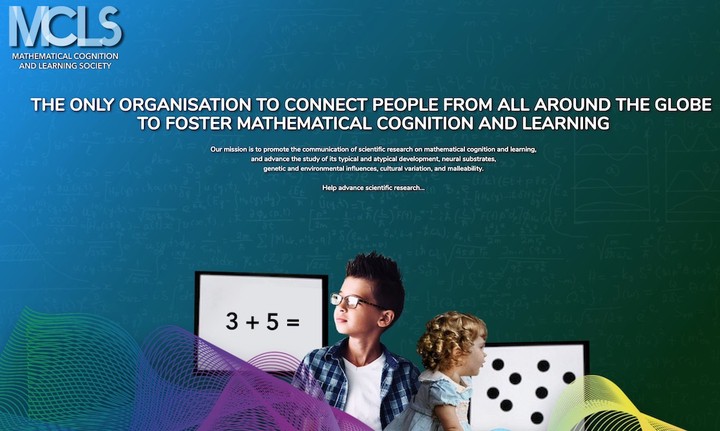Third Conference of the Mathematical Cognition and Learning Society, Dublin 2020 - Accepted talk

Résumé
The MCLS aims at promoting research in the field of mathematical cognition and learning. The third conference of the MCLS was scheduled in Dublin from June 26th to June 29th. Unfortunately, the conference has been cancelled this year because of the COVID-situation but it will be rescheduled in Dublin next year. Edit, Lightening talk happened (online version)! Video of our talk now available
The MCLS Trainee Board created a community to help junior researchers and let us communicate together during the pandemic. They also organize "brown bag" events on various topics, from math anxiety to Bayesian statistics.
Abstract
On statistical implication relationships between fine motor skills, mental representation of fingers, finger use and first calculation
Many children use their fingers to calculate when they first add and subtract. Jordan, Kaplan, Ramineni and Locuniak (2008) show that using one’s fingers for calculation is positively linked to performance in the early stages of arithmetical learning. The literature review brings out components involved in finger use, especially fine motor skills and mental representation of fingers. The relationship between these components, finger use and calculation performance have already been studied (Asakawa & Sugimura, 2014) in mainly correlational studies, but these relationships have rarely been studied together and as asymmetric relationships (Bonneton-Botté, Hili, De La Haye, & Noël, 2015).
The aim of our study is to test the hypothesis of a link between these components, finger use and calculation performance, and to specify this link. Indeed, this study aims at highlighting asymmetric, chained, implication relationships (i.e. if a, then b) between fine motor skills, mental representation of the fingers, finger use and performance in simple addition and subtraction.
Items were thus selected in order to assess fine motor skills, mental representation of the fingers, finger use and first calculation, and submitted to eighty-nine French children attending inclusive school. The data, still being collected, are analysed within a graphical extension of the Rasch model with a statistical implication interpretation.
Our first results show a representation of items from all the components in a scale, and provide some evidence of asymmetric, chained, implication relationships within a single dimension, thus lending support to the hypothesis of a cumulative learning process, from body to cognition.